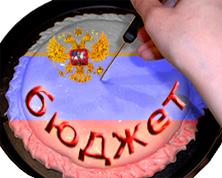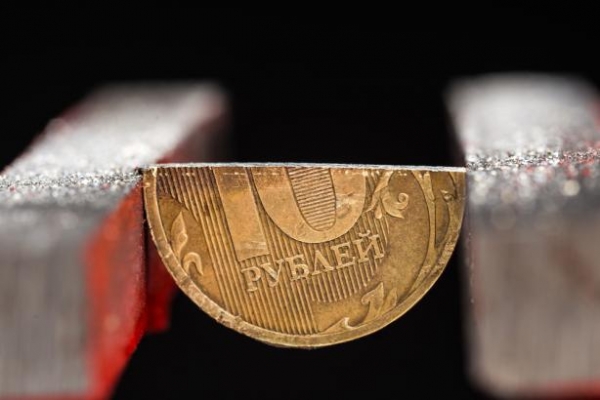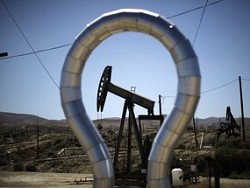
Until 2019 the Ministry of the economy laid the price of oil averaging $40 per barrel, and this means that the budget balance will be able to level by 2020 or later, say 23 out of the 28 analysts. Four of them believe that profits and costs will equalize only after 2025. Authorities are looking for a way to save the budget by one percentage point of GDP each year, so as to balance the budget by 2019. Many analysts considered this the most promising chance for growth stimulation.
President Vladimir Putin faced a serious challenge: the period of savings, destroyed the economy and the upcoming elections this year and in 2018. Never in 16 years of the stay of Putin in power Russia has not seen such a period of entrenched deficits. This means that the government will have to tread carefully to avoid destruction of the budget after the fall in oil prices.
“Although large-scale fiscal and monetary stimulation, as a rule, is very effective in the revival of economic activities in the short term, but it does not improve long-term prospects of the Russian economy”, — said Sergey Narkevich, the analyst “Promsvyazbank” (Moscow). “On the contrary, the likelihood is high that their use will lead to destabilization of the budget and financial systems in the future.”
In 2015 from the Reserve Fund has been transferred 2.6 trillion rubles. To cover the deficit in 2016, the Ministry of Finance again plans to transfer about 2 trillion rubles ($30 billion) from one of its two sovereign wealth funds. In late April, the Reserve Fund was $45 billion and the national welfare Fund — $73.9 billion
Budget risks
The budget surplus between 2000 and 2008 for many years was the Foundation of economic stability in Russia. This enabled the government to accumulate reserves and reduce the debt to about 10% of GDP in 2015 from 90% in 1999.
Today one of the main sources of uncertainty was the fiscal imbalance. In the budget forecast of the Central Bank allocates risks to the economy and inflation.
“Given the presidential election in 2018, it will be difficult to achieve substantial additional budget consolidation until that time,” says Andreas Schwab, economist at Raiffeisen Bank International (Vienna).
Last year the government announced a deficit of 2.4% of GDP and in 2016 he wants to keep it at 3% with an average oil price of $40 per barrel. During the first four months of 2016 main export blend “Urals” traded at an average of $from 33.93. The government has postponed until the fall of the amendments to the budget that is still based on an average oil price of $50 per barrel.
“Very dangerous,”
Non-oil budget deficit (the deficit excluding revenues from the energy industry) was at the level of 11% in the first half of last year — the biggest in the last decade. Much higher level, which Finance Minister Anton Siluanov called “critical”.
Oil and natural gas account for about a third of the revenue budget and almost 60% of its exports. When the price of oil rebounded slightly, the ruble has grown by about 12% against the dollar this year, after losing 20% of the cost in 2015.
If until 2019 oil really will remain at $40, as predicts the Ministry of economy, GDP will return to growth next year, after shrinking 0.2% in 2016 and 3.7% in the past year.
Interviewed analysts believe that a more liberal fiscal policy is one of the least effective ways in the medium term to start the growth of more than 1.5%. In the first place needs to be economic reform, then improved relations with the West and lifting sanctions.
Belt-tightening
According to the survey, the best thing the government can do for economy is to “close the taps”. 41% of respondents said that the acceleration of fiscal consolidation is the main step that you need to take to stimulate economic growth. 17% support the sale of major state companies.
“The possibility of medium-term fiscal stimulus is limited,” said Bence Andras, economist OGResearch in Budapest. “Although we expect that Western sanctions will be lifted in 2017, economic communication will not able to immediately return to normal. The sanctions will affect the potential growth of Russia even after their withdrawal”.








